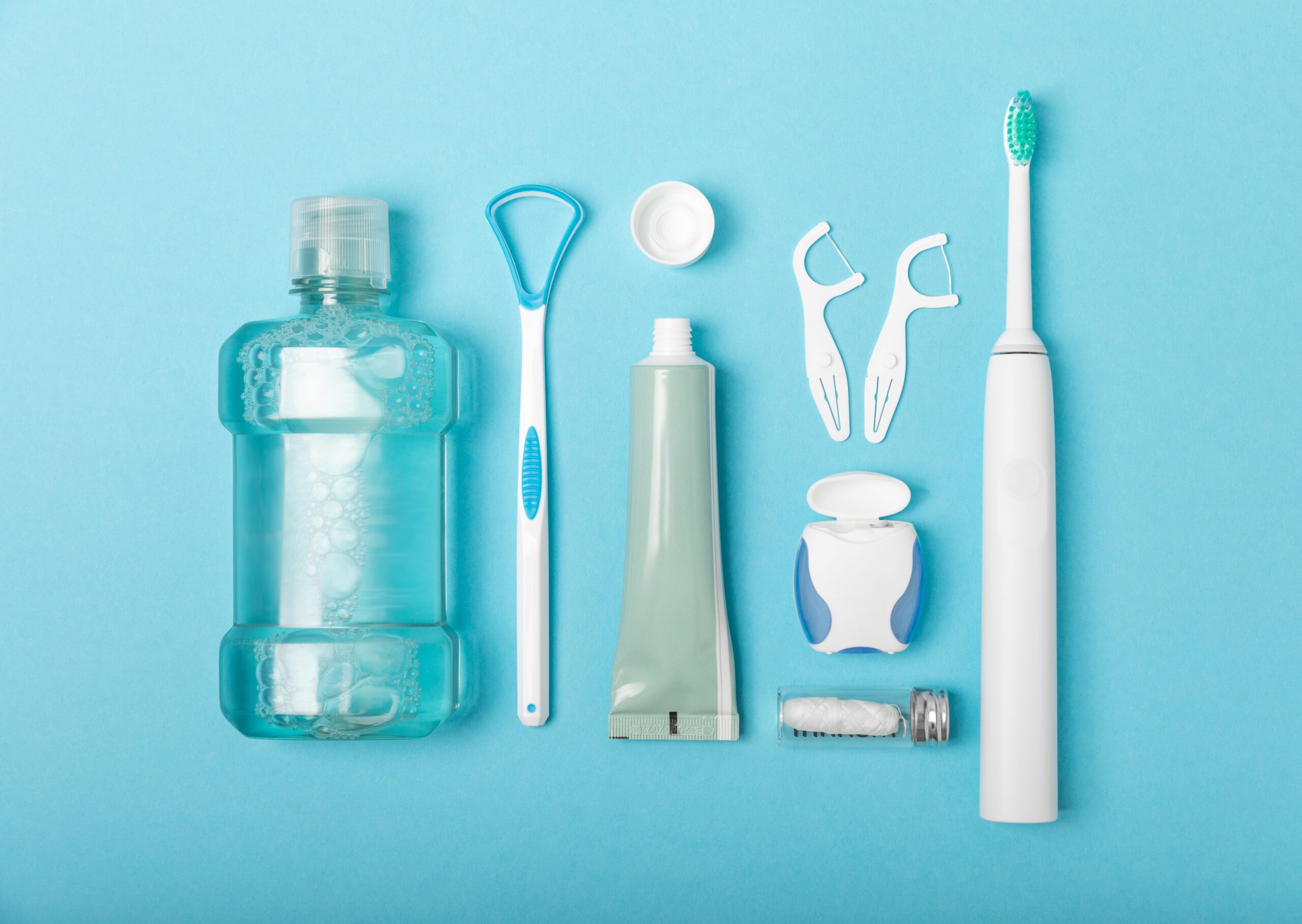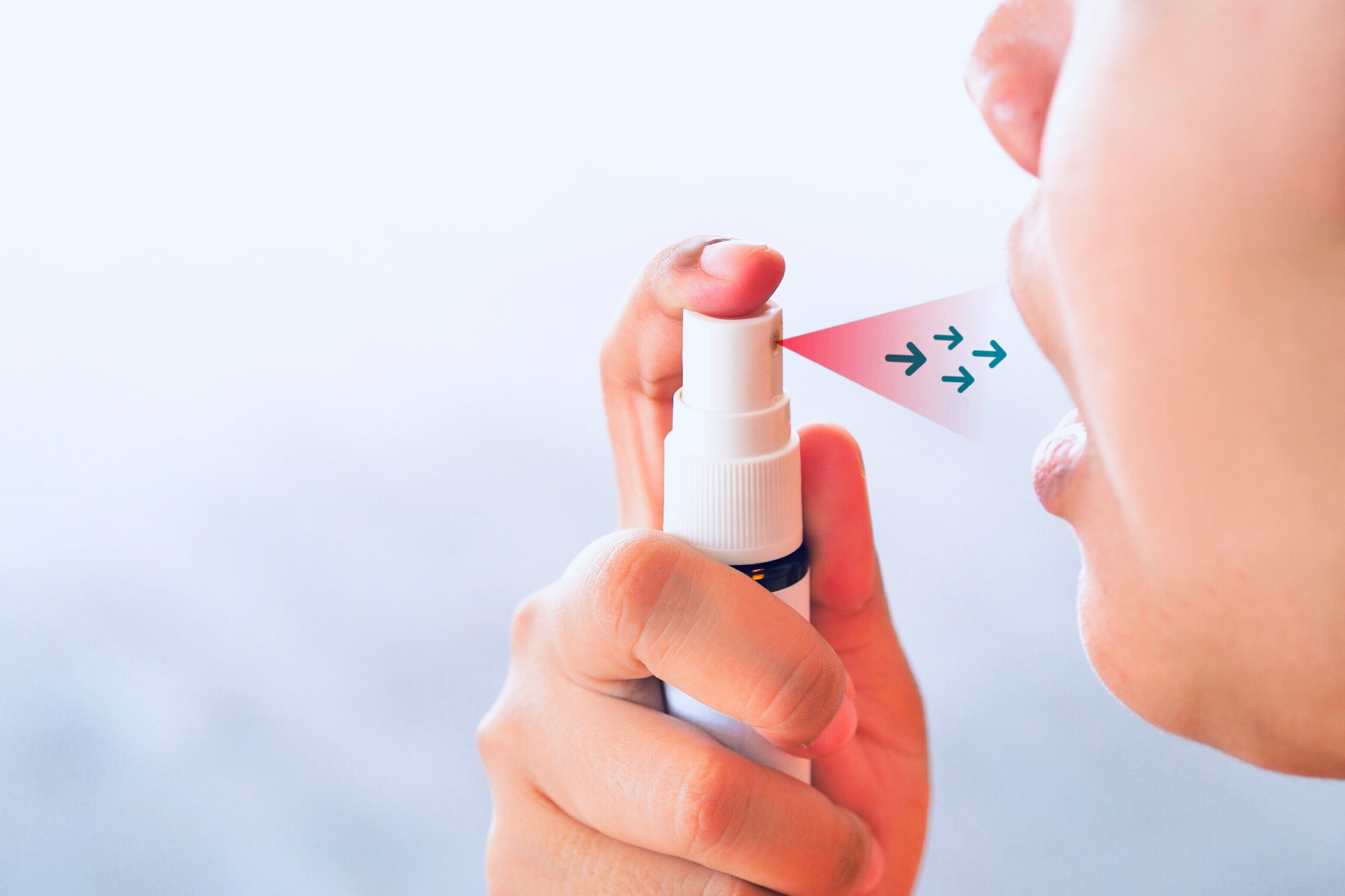
Source: Pixabay
Bad breath is also called halitosis. It can be embarrassing when a person talks with others but has bad breath. However, there are no worries. Store shelves are full of gum, mints, mouthwashes, and other products designed to combat bad breath. Certain foods, health conditions, and habits can cause bad breath. In many cases, we can improve bad breath by maintaining dental hygiene.
Bad Breath Self-Checking

Source: Colgate
Some people may find that they are not able to smell their own bad breath that’s because of the adaptation. When a person is familiar with the constant presence of odors, they are no longer noticed their bad breath. So how can you tell if your breath stinks? There are some ways to test it.
Firstly, the most efficient way is to ask someone who is next to you and tell if you have bad breath. Otherwise, if you feel awkward, you would better lick your wrist and let it dry for a moment.
After that, you can lick and smell your wrist to judge if you have bad breath. Similarly, wipe your tongue with a small piece of medical gauze. Smell the gauze and you’ll know what your tongue smells like.
To make it more accurate, you can consult a dentist to do a test. A dentist may use several instruments with typical methods such as gas chromatography and altimeter usage to test the number of compounds in your breath. The dentist will also use a straw or glass tube to get odors directly from your mouth and rate the breath on a scale.
How Far Can Bad Breath Travel?
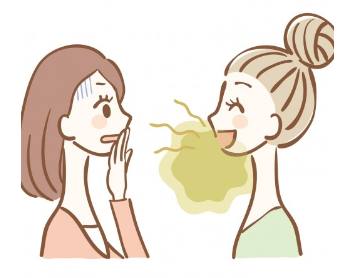
Source: Eyesandsmiles
The stench of bad breath may only be felt when people are in close proximity to each other. It’s harder for people to smell if they’re wearing a mask or if they’re at a distance from each other. So how far can bad breath travel? One way doctors test for bad breath is to sniff the patient’s breath just 5 centimeters from the nose of the doctor. It shows that bad breath can be traveled larger than 5 centimeters but not too far.
Causes of Bad Breath
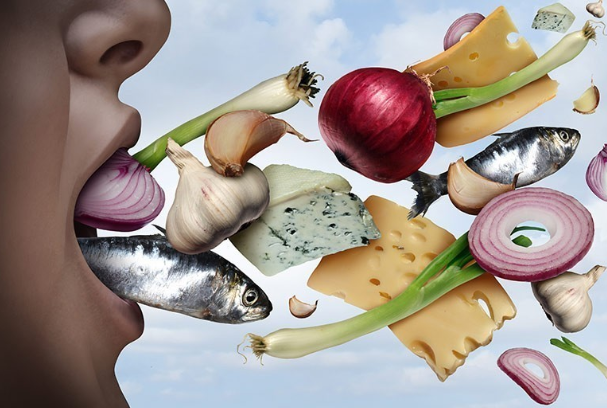
Source: Eyesandsmiles
Bad breath is not something that everyone is born with. It must be caused by ingesting a lot of smelly food or drink, some certain bad habits, and diseases. Here are three causes of bad breath.
Food
The breakdown of food particles in and around teeth can increase bacteria and cause a foul odor. When digested, many foods enter your bloodstream, where they are absorbed and travel to your lungs, where they can affect your breathing.
Which foods cause bad breath? There are some common foods that cause bad breath.
Garlic and Onions
For garlic and onions, the smelly sulfur compounds in them will stay in your mouth which lasts for a long time. Eventually, the compounds will be absorbed into your bloodstream, allowing the second wave of odor to enter your lungs, where it can escape freely from your mouth. Once absorbed, garlic releases a bitter odor from your pores.
Coffee and Alcohol
Coffee and alcoholic beverages create a favorable environment for oral bacteria to grow. They also have a drying effect, which reduces the flow of saliva and allows foul-smelling bacteria to linger longer.
Canned Tuna
Something about canned tuna takes the stink to a whole new level. Seafood naturally starts to become sour and spoiled as it oxidizes, and the process of storing it in a dark metal can somehow exacerbate this process.
Life Habits
Life habits are also a big reason why we have bad breath. If we can improve our life habits, the problem of bad breath will be greatly improved.
Brush and Floss
If you don’t brush and floss every day, food scraps will stay in your mouth. A layer of plaque forms on the teeth. Plaque can irritate the gums and eventually form pockets filled with plaque between the teeth and gums.
Keep Mouth Moist
Saliva helps to clean your mouth and remove particles that cause odors. When the production of saliva decreases, it causes dry mouth, which can lead to bad breath. Sleeping with your mouth open at night can also lead to chronic dry mouth, which can also make the situation worse. What’s more, when you’re in a stressful situation, anxiety dries out your mouth and creates a foul smell. Therefore, it is important to drink more water and keep your mouth moist.
Stop Smoking
Smoking or chewing tobacco-based products can also cause bad breath. The smell of cigarettes alone is enough to tell you how bad this habit is for your breath. It doesn’t just make your breath smell bad. It can stain your teeth, irritate your gums and reduce your sense of taste. So quitting smoking in your life can also change the problem of bad breath to a large extent.
Diseases
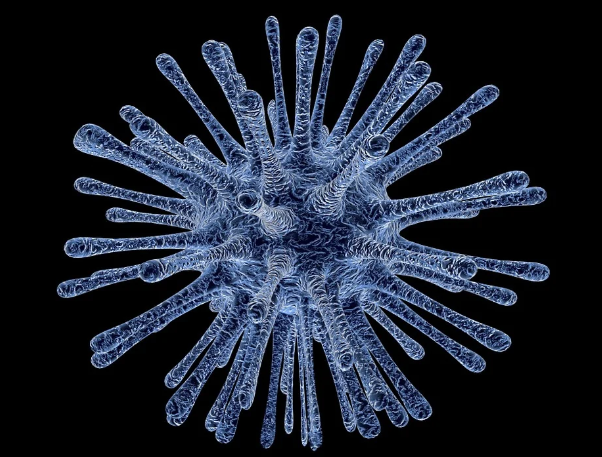
Source: Pixabay
Bad breath can also be caused by surgical wounds after oral surgery, such as tooth extraction, tooth decay, and gum disease. Furthermore, bad breath can also sometimes result from the formation of small rocks in the tonsils, which are covered with odor-producing bacteria.
When to Worry About Bad Breath?

Source: Pixabay
Is bad breath a sign of cancer? There is no denying that many diseases can cause bad breath. First, head and neck cancer is a type of oropharyngeal cancer. Symptoms include sores that won’t heal, pain in the mouth, difficulty swallowing, and neck lumps. Second, GERD is a disease of the digestive system, which means that stomach acid or fluid can leak back into the esophagus. The esophagus is the tube that carries food from the mouth to the stomach.
However, bad breath is a very common phenomenon. When you first notice that you have bad breath, you can start by making dietary and lifestyle changes such as brushing your teeth, flossing, and drinking more water. There is no need to worry too much at this time. It is important to relax your mind.
If bad breath persists after the change, this is a cause for concern and you’d better see your dentist. If your dentist suspects that something more serious is causing your bad breath, it’s time to take a closer look at what’s causing it.
Is Bad Breath Genetic?
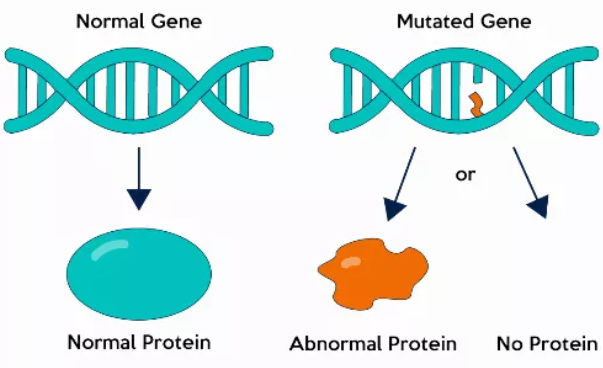
Source: EssayRX
From 2017, researchers have found that bad breath can be caused by a genetic defect at the first time. It has previously been thought that the trigger for bad breath may have a genetic cause. And in the 1990s, Dr. Albert Tangerman discovered a Dutch family in which several members had bad breath. Since then, the genetic causes of bad breath have been studied.
Bad breath is usually caused by bacteria in the mouth that produce sulfur compounds. Scientists began to survey the breath, blood, and urine of those affected. They eventually found that these patients had increased levels of methanethiol and dimethyl sulfur. This suggests that there was a metabolic error in these patients that led to the accumulation of four sulfur compounds, including methanethiol, in the blood. When the scientists looked at the DNA of the patients, they found that they all had a mutation in a gene that causes chronic bad breath. The researchers calculated that about 1 in 90,000 people carry the mutation. New research suggests that people may inherit genetic mutations that cause permanent bad breath.
Is Bad Breath Contagious?
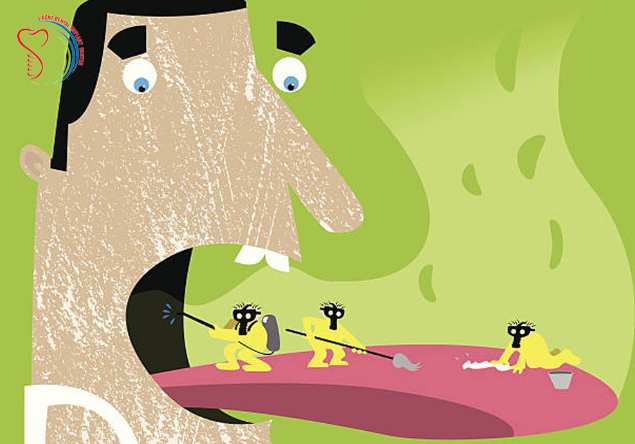
Source: Pixabay
Bad breath isn’t contagious. If bacteria in the mouth cause bad breath, this is usually not spread from person to person. The only way to pass something on to another person is to pass on the root cause of bad breath such as a viral infection. But you’re not passing on bad breath itself. Therefore, it won’t be contagious. However, you can’t catch bad breath from another person, but you can catch the bad bacteria that cause it from someone else. Harmful bacteria can be spread by kissing, sharing utensils, sharing toothbrushes and can even be transmitted to or from your pet!
How to Prevent Bad Breaths?
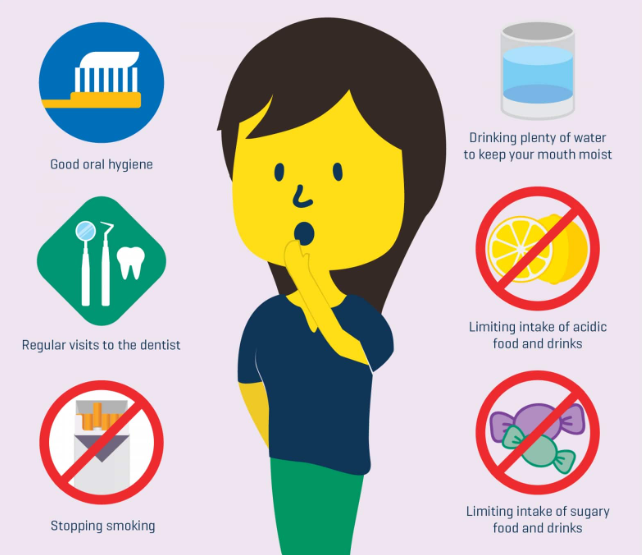
Source: Icon Health Screening
Things to Do
Why bad breath in the morning? While you were sleeping, the natural microbes in your mouth have been doing their thing: living, feasting, reproducing, and eventually dying. These bacteria live in the crevices of the gums, on the tongue, and in any other nook or cranny, they can find in the mouth. They will release some byproducts with bad odors when they break down food debris. It’s not quite difficult to improve your breath and keep your teeth and gums healthy at the same time. The most significant thing is to brush and floss your teeth more often. Brush your teeth at least twice a day, preferably in the morning and at night, and floss at least once. Don’t brush too hard, which can also wear down your teeth and make them susceptible to decay.
Equipments
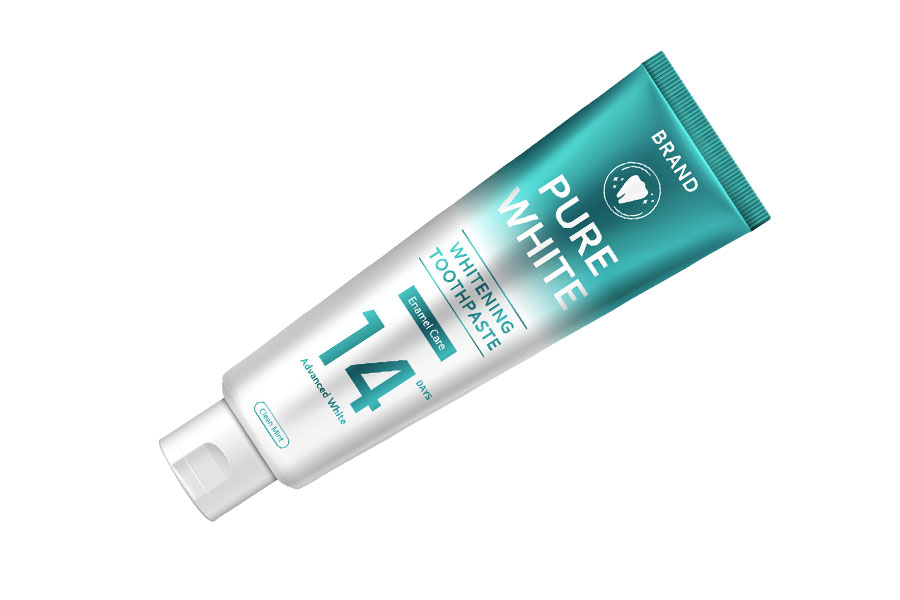
However, proper brushing requires a soft-bristled toothbrush. You need to make sure it has a size and shape that allows you to reach all areas of the mouth. You should replace your toothbrush at least every three to four months. Toothpaste manufacturers also need to be careful to ensure that the toothpaste effectively contains certain antibacterial agents to kill the bacteria that cause plaque to build up.
Also, you are supposed to rinse your mouth with eau dentifrice after eating. Mouthwash can provide additional protection to the whole mouth by removing bacteria to some extent. If you wear dentures, clean them thoroughly at least once a day or as directed by your dentist. If you have a retainer, clean it every time before you put it in your mouth.
Eating & Drinking Habbits
Some foods and drinks affect your breathing more than others. This may vary from person to person, but garlic, coffee, Onions, et spicy foods are common culprits. Limit your intake of these foods and drinks when you want to keep your breath fresh. If you’re a regular coffee drinker or a sugary drink, try to swap it out for water or herbal tea. Both drinks contain high levels of acid, which causes odorous bacteria to multiply faster and create a bitter taste in the mouth.
Chewing sugar-free gum or eating hard fruits like apples can help stimulate saliva and combat bad breath, but nothing improves breath like drinking water regularly! If you have a dry mouth, be sure to drink plenty of fluids throughout the day. Staying hydrated, especially after eating can prevent bacteria from growing.
Extra Tips
Breath sprays are also a good choice if you have to consume these foods or drinks. Brushing your tongue is also an important step. If you haven’t cleaned your tongue while brushing your teeth, this can have a major impact on removing bacteria and freshening your breath. The coating that usually forms on the tongue may serve as a host for smelly bacteria. To get rid of them, you need to gently brush your tongue with a toothbrush.
Points clés à retenir

Source: Pixabay
Don’t worry too much about bad breath. It can always be fixed. Bad breath may be genetic, but it’s not contagious. As long as we can keep good habits, brushing and gargling frequently, drinking more water, and going to the dentist when necessary, any bad breath problem will be solved.
